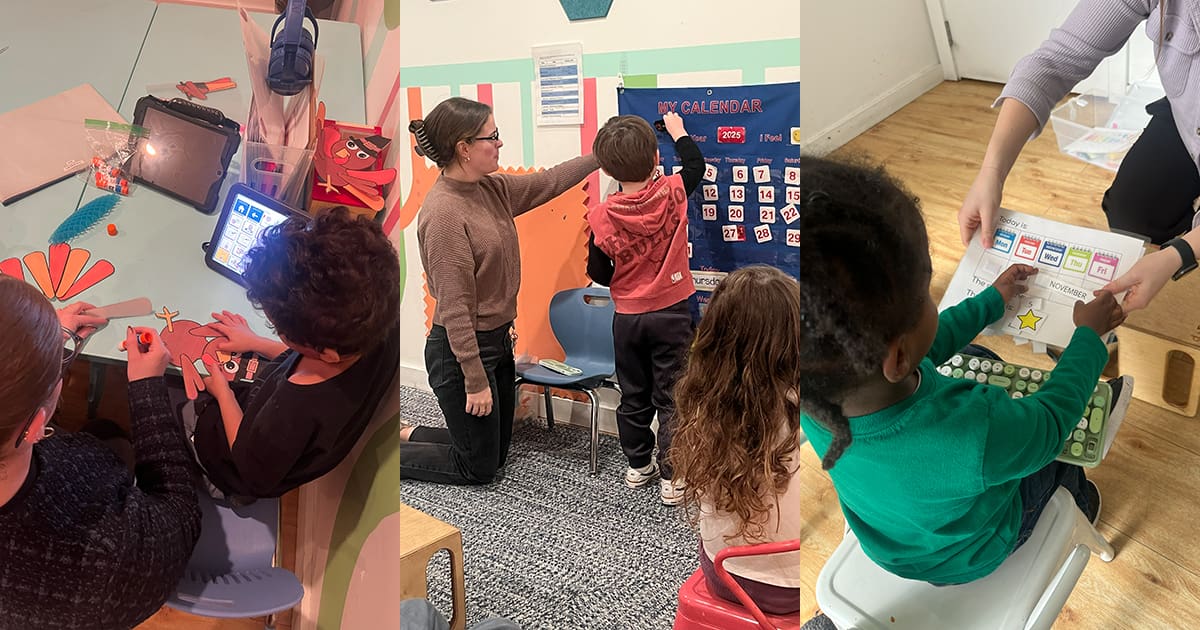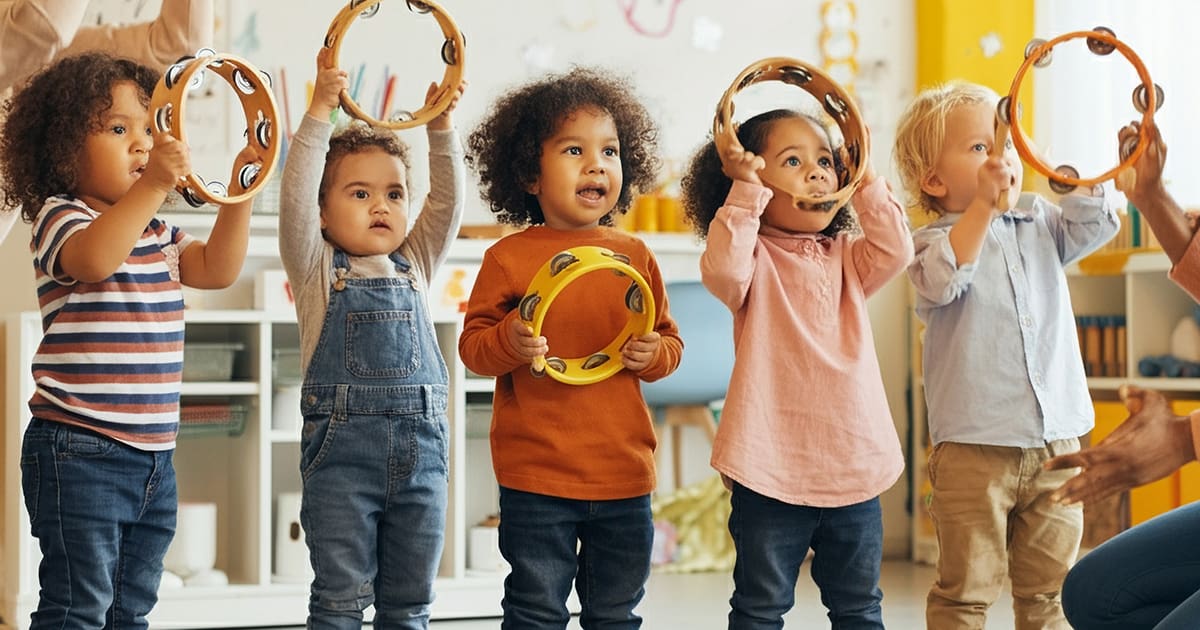Share this Post

Social skills are the building blocks of communication, relationships, and community. For children with autism, developing these skills can be challenging, as they may face difficulties with verbal and nonverbal communication, understanding social cues, or navigating interactions with peers. While these challenges can feel overwhelming, there is hope. Speech therapy offers a proven and compassionate approach to help children with autism improve their social skills, enabling them to connect with others and thrive in everyday life.
At CST Academy, we specialize in supporting children with autism in their journey to build social and communication skills. Through personalized speech therapy plans, play-based strategies, and a nurturing environment, we empower children to unlock their potential and build meaningful connections with the people around them.
Why Social Skills Are Essential for Children with Autism
Social skills are the tools we use to interact with others, express our needs, and understand the world around us. For children with autism, social challenges can impact their ability to make friends, participate in group activities, or share their thoughts and feelings. Developing strong social skills offers numerous benefits, including:
- Building Relationships:
Social skills help children form meaningful bonds with family, friends, and peers. - Expressing Needs and Emotions:
Communication skills enable children to express their feelings, ask for help, and share their thoughts. - Boosting Confidence:
Mastering social interactions fosters self-esteem and independence. - Enhancing Academic Success:
Social skills contribute to effective classroom participation, group projects, and learning activities. - Improving Daily Life:
From making friends to understanding social norms, these skills play a vital role in navigating everyday experiences.
Challenges Children with Autism Face in Developing Social Skills
Children with autism often encounter unique obstacles in building social skills due to differences in communication, sensory processing, and social understanding. Common challenges include:
- Difficulty with Nonverbal Communication:
Understanding facial expressions, gestures, or body language can be challenging for children with autism. - Struggles with Verbal Communication:
Delays in speech development or difficulties with articulation can hinder conversations. - Understanding Social Cues:
Interpreting tone of voice, sarcasm, or social rules may be confusing or overwhelming. - Sensory Sensitivities:
Loud environments or crowded spaces may make it harder to focus on social interactions. - Rigid Thinking Patterns:
Difficulty adapting to new situations or perspectives can impact social flexibility.
Speech therapy addresses these challenges by equipping children with the tools they need to navigate social interactions with confidence and ease.
How Speech Therapy at CST Academy Improves Social Skills
At CST Academy, we take a comprehensive and child-centered approach to speech therapy, focusing on building communication and social skills through evidence-based strategies and personalized care. Here’s how we help:
1. Individualized Therapy Plans
Every child is unique, and so is their journey. Our speech therapists begin by assessing each child’s strengths, challenges, and communication goals to create a customized therapy plan tailored to their needs.
Key Components of Personalized Plans Include:
- Addressing specific speech or language delays.
- Setting realistic, achievable social skill milestones.
- Incorporating the child’s interests to keep therapy engaging and fun.
2. Play-Based Learning
Play is a powerful way to teach social skills, as it allows children to practice communication in a natural, enjoyable context. At CST Academy, we use play-based techniques to:
- Encourage turn-taking, sharing, and cooperation.
- Model conversational skills through role-playing or storytelling.
- Create scenarios that mimic real-world social interactions.
3. Social Skills Groups
Group therapy sessions provide children with opportunities to practice social interactions in a safe, supportive setting. These sessions are designed to help children:
- Interact with peers in structured activities.
- Learn to recognize and respond to social cues.
- Build confidence in group settings, such as classrooms or playdates.
4. Building Nonverbal Communication Skills
Understanding and using nonverbal communication is an essential part of social interactions. Our therapists help children improve their ability to:
- Recognize facial expressions and body language.
- Use gestures, such as waving or pointing, to communicate.
- Respond to visual cues in their environment.
5. Enhancing Verbal Communication
Speech therapy focuses on improving verbal skills, such as articulation, vocabulary, and sentence structure, to help children express themselves more clearly and effectively.
Therapy Techniques Include:
- Teaching conversational turn-taking and topic maintenance.
- Expanding vocabulary through interactive activities.
- Practicing articulation for clearer speech.
6. Parent Involvement and Coaching
We believe that parents are essential partners in their child’s progress. At CST Academy, we provide parents with tools, strategies, and resources to reinforce social skills at home.
Parent Support Includes:
- Demonstrating techniques for encouraging conversations during daily routines.
- Providing visual aids, such as social stories or communication boards.
- Offering tips for managing social challenges in community settings.
Real-World Benefits of Speech Therapy for Social Skills
The progress children make in speech therapy extends beyond the therapy room and into their everyday lives. With improved social skills, children with autism can experience:
- Stronger Friendships: Building positive relationships with peers and classmates.
- Greater Participation: Feeling more comfortable joining group activities, clubs, or family events.
- Increased Independence: Navigating social situations with confidence and self-assurance.
- Improved Emotional Regulation: Expressing needs and managing frustrations more effectively.
Why Families Choose CST Academy
Families trust CST Academy because of our dedication to providing compassionate, individualized care that supports every aspect of a child’s development. Here’s why parents choose us:
- Expert Team: Our speech therapists specialize in working with children with autism, using evidence-based strategies to build communication skills.
- Tailored Plans: Every child receives a customized therapy plan that evolves with their progress.
- Inclusive Environment: Our classrooms provide a safe, supportive space where children feel valued and encouraged.
- Family Collaboration: We partner with parents to ensure that progress continues at home and in the community.
A Parent’s Perspective: Success Stories from CST Academy
“Our son struggled to communicate with his classmates and often felt left out during playtime. After working with the speech therapists at CST Academy, we’ve seen such a transformation. He’s now initiating conversations, making friends, and even sharing stories about his day. We’re so proud of how far he’s come, and we’re so grateful to CST Academy for their support!”
Take the First Step Toward Better Social Skills
Speech therapy is more than just improving communication—it’s about helping children build the confidence and skills they need to connect with others and thrive in their daily lives. At CST Academy, we’re here to provide the compassionate care and expert guidance your child deserves.
Contact us today to learn more about how our speech therapy programs can help your child improve their social skills and unlock their potential.
Discover Our Pediatric Therapy & Autism Care
ABA Therapy
Support for children with autism.
Autism Evaluation
Expert assessments to identify child needs.
Pediatric Therapy Services
Speech, Occupational, Feeding, and Physical Therapy.
Therapeutic Preschool
A classroom environment designed for early learners with unique needs.

Find the Best Care for Your Child




